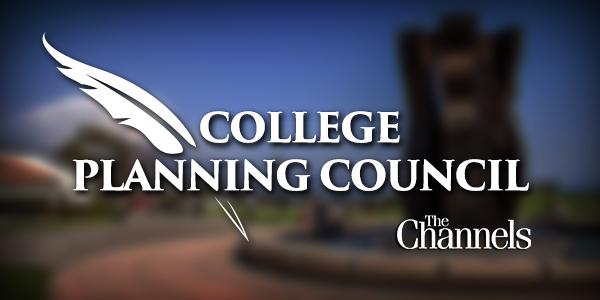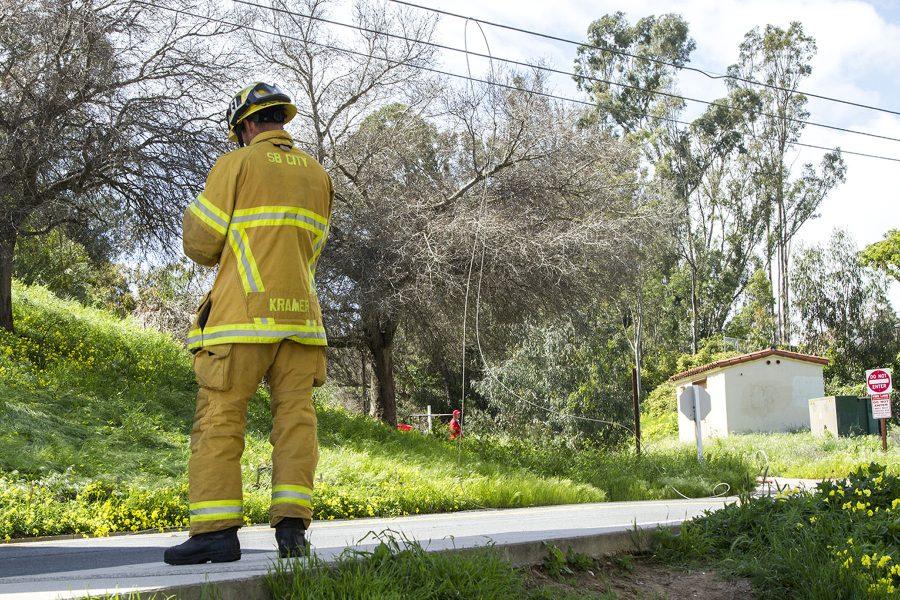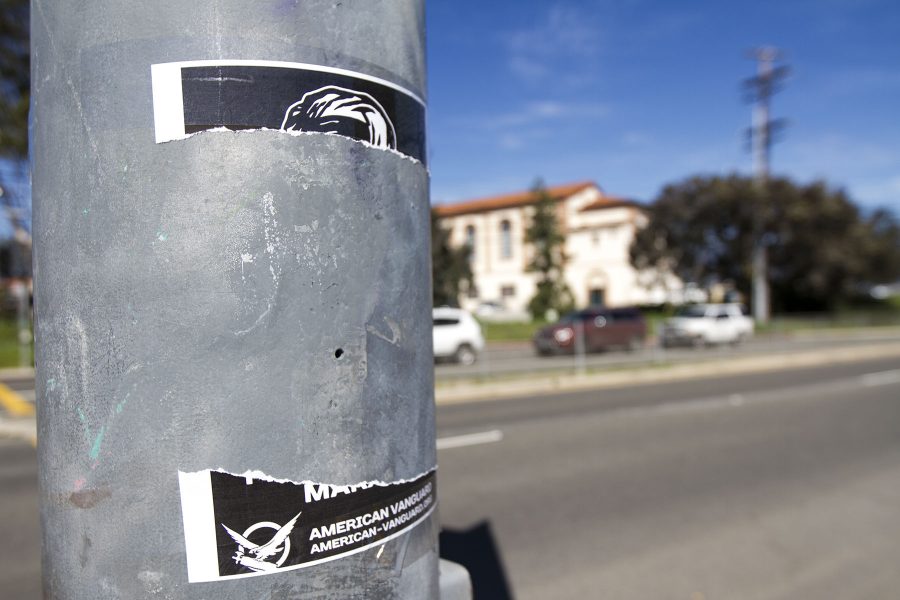The Academic Senate voted in support of continuing the dual-summer sessions for a third year, but not before a heated discussion and divided vote.
“I still feel we need to try again. I don’t feel like this is over,” Past-President Kim Monda said through tears. “I don’t feel we can’t rethink it; that’s what we do here. We keep trying to make things better.”
The dual sessions bring in both money and enrollment for the college, but has been raising tensions due to its strain on faculty.
In the final vote of the fully present senate, 13 senators voted in favor of the dual sessions, while two voted against and four abstained. Patricia Stark, fine arts representative, and Kathy O’Connor, physical education representative, were the only two to vote against it.
However, the senate initially voted to see who was in favor of reverting to a single summer session and eight senators voted in favor and 10 voted against, with one abstention.
The approval relied on a resolution to make changes within the system to help address the multitude of issues caused by the dual sessions. The most important aspects will be addressed at the next meeting on Wednesday, Oct. 5.
Across the board, the senate expressed concerned for the heavy workload and little downtime for classified.
Support for the dual sessions was division specific. Some divisions, such as the social sciences and health and human services said they were “overwhelmingly in favor” of the dual sessions. Other divisions said the fast-paced movement was not conducive for their curriculum.
Another problem was that dual sessions worked really well in terms of enrollment for the courses that are necessary, but elective course suffered.
“When students need something like math and science and English, they’re almost sort of forced. Like, this is their opportunity to get ahead,” O’Connor said.
The overwhelming point in favor of the dual sessions was that it’s better for the students, and because of that they could make it work.
There are no negatives for the students Executive Vice President Paul Jarrell said. It allows students to complete classes that they need to graduate before the normal school year, and gives them more opportunities to take the classes.
Student Senate Representative Sebastian Rothstein said students were in favor of continuing the dual sessions and were heavily against reverting to one summer session.
“Basically the response was ‘Hell no—Don’t take away our classes,’” he said.
Many students have been planning their schedules around taking the dual sessions into account, so if it were to be taken away now it would change their academic plans, he said.
He gathered student response by talking to about 30 to 40 students but no official survey was conducted. The Associated Student Government plans to vote for or against the dual sessions at their meeting on Friday, Sept. 30.
It was argued, however, that in some cases the dual sessions might not be in the best interest of the students.
“I am not at all convinced that it is 100 percent good for students if we are diluting the rigor,” said Stark.
There was a heavy increase in online classes compared to on campus classes, which are very popular in the summer. Both O’Connor and Stark brought up the “elephant in the room,” which is that some online classes are unusually easy.
“Clearly double summer sessions suit some people better than others, and I think you guys have made a good case on this,” Stark said. “But I hear again and again how it’s good for students and in some disciplines I’m not convinced.”
It was generally agreed there is not enough time to switch back to the single summer session, but it is still a possibility in the future. The senate suggested creating a calendar a few years in advance so adequate planning can be done, instead of being in a “constant state of reacting.”
There was also suggestions of adding a week between the dual sessions to help with workload, or even creating a longer 12-week summer session, but the specific suggestions will be discussed at the next meeting.
“It’s not a guess whether the administration is going to support it or not,” said Vice President Laurie Vasquez. “We’re telling you these are the weak areas, and if you want to have a successful experience for the students and the faculty, it would behoove you as administration to move forward so that you would have a solid ‘yes.’”










